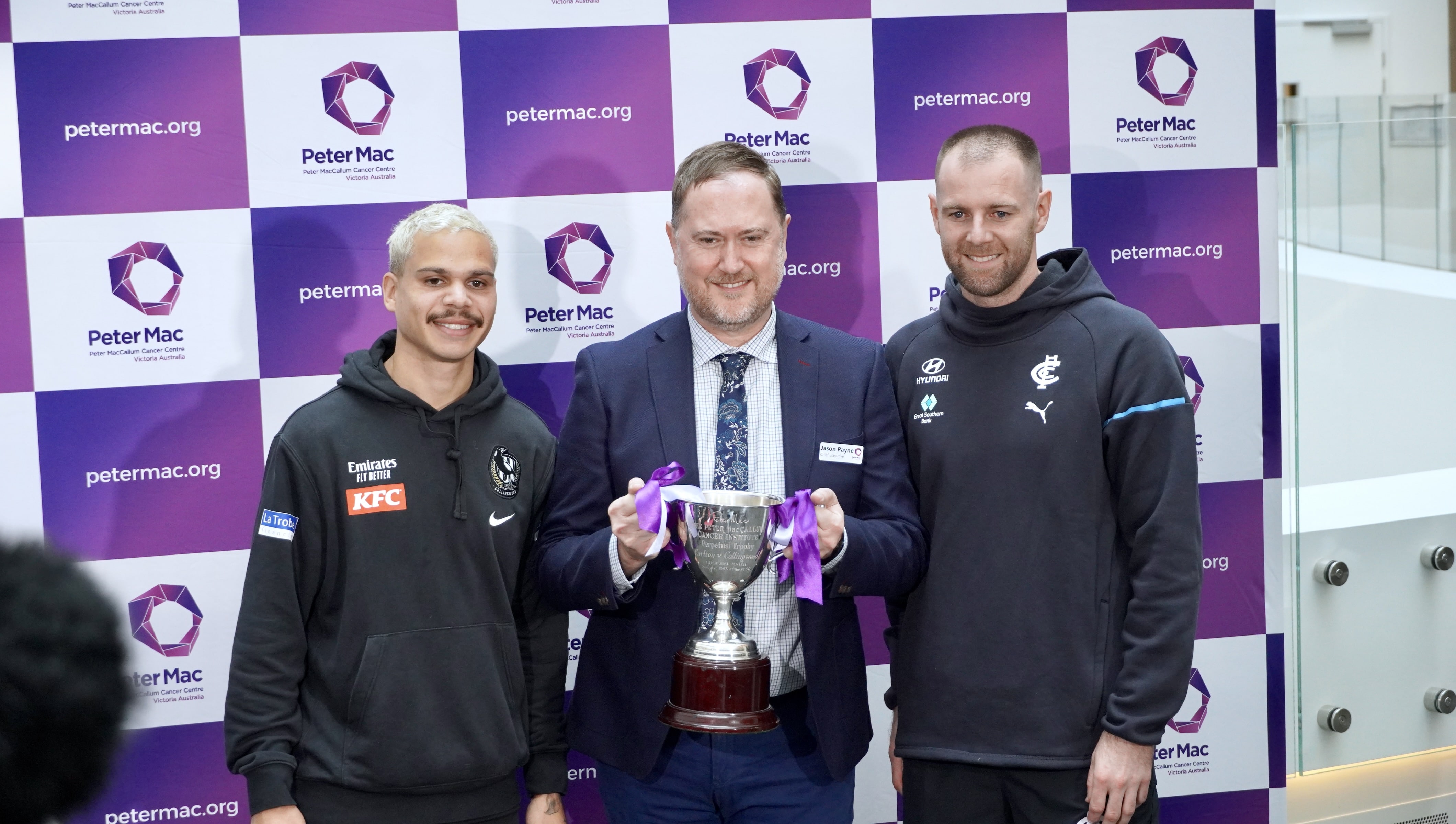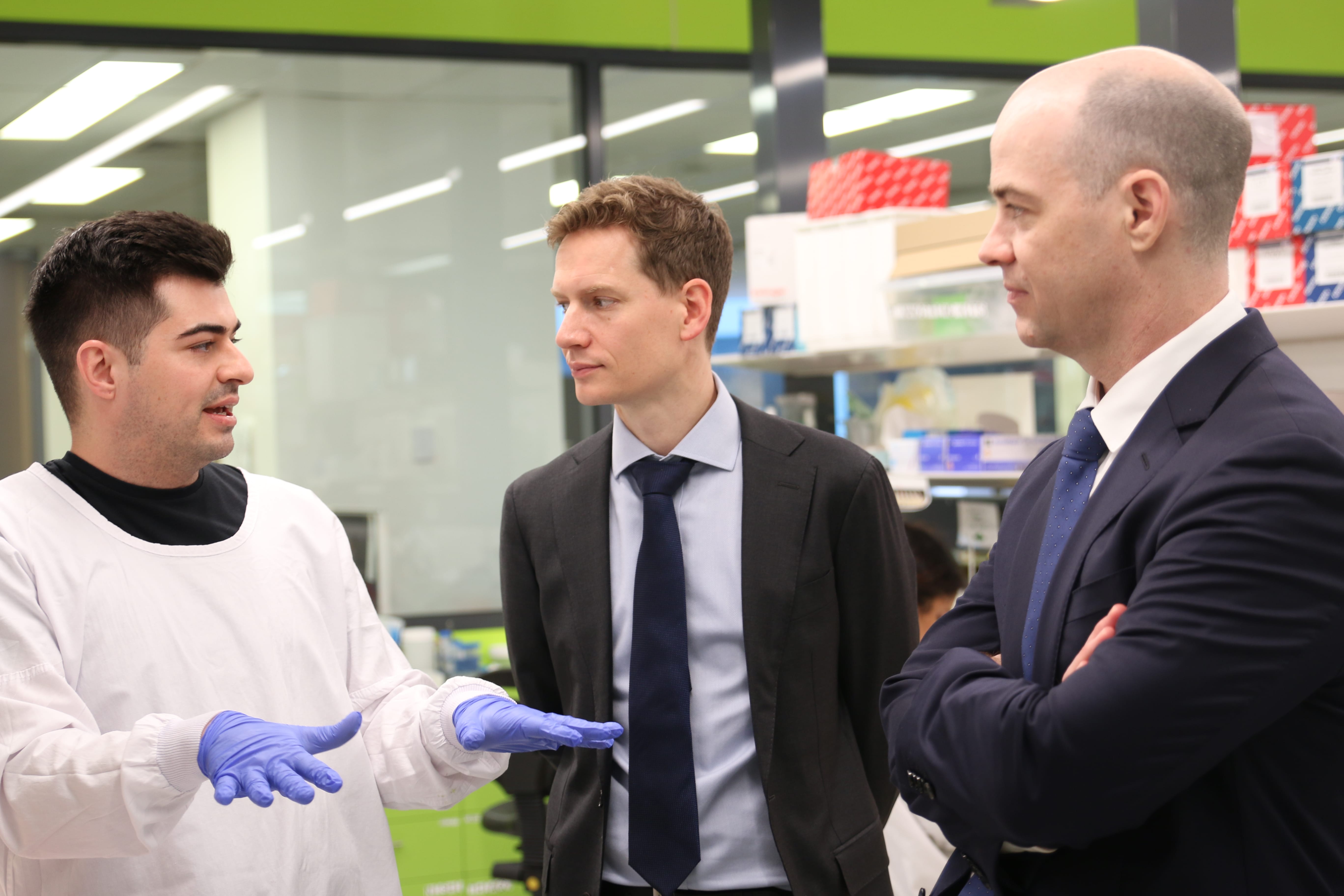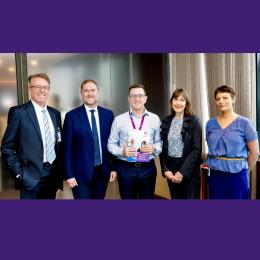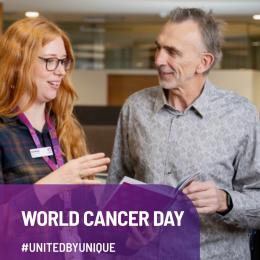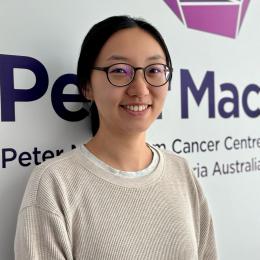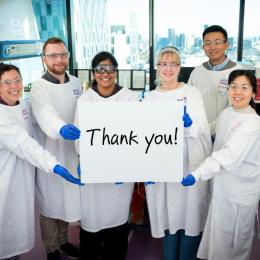Entering a new era of cancer research: with A/Prof Michael Dickinson and Dr Adrian Minson
4 min read 14 November 2023
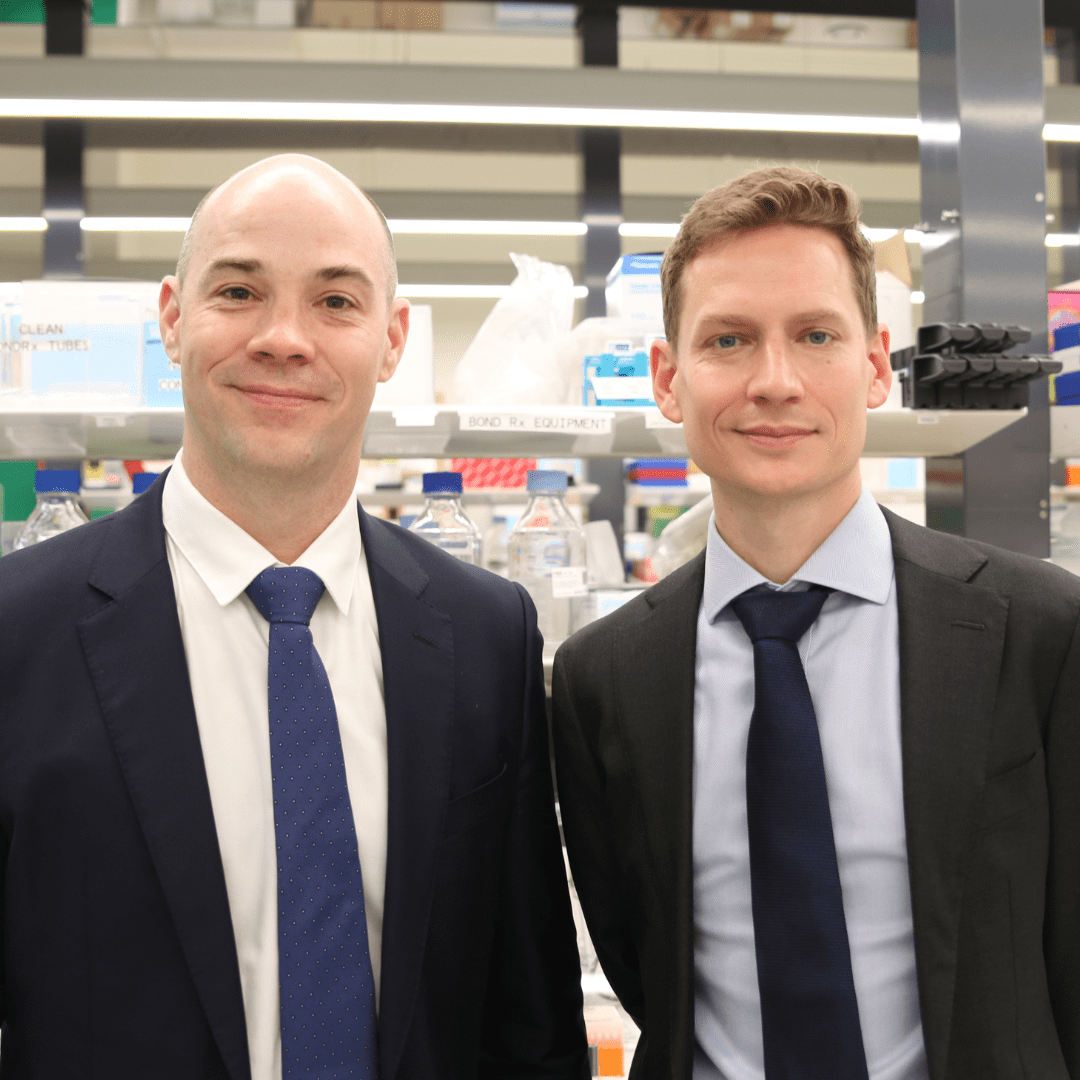
Pictured: A/Prof Michael Dickinson (L) and Dr Adrian Minson (R)
T-cells are a type of white blood cell that help your immune system fight germs and protect you from disease. Some types of T-cells even target cancer.
Recently, researchers have identified how a patient’s T-cells can be engineered to bind to cancer cells, helping to fight them more easily. This is called bispecific antibodies - a new and promising concept in immunotherapy.
At Peter Mac, researchers Associate Professor Michael Dickinson and Dr Adrian Minson are working on uncovering ways to make cancer treatments even more effective and save more lives by combining chemotherapy with the latest in immunotherapy.
“Our goal is to put patients into a complete remission and free them from symptoms of their cancer, and free them from the symptoms of the treatment.
That’s our goal: to treat patients, get rid of the cancer, and don’t let it come back. And these new treatments really do have that promise.”
Together with their team, Michael and Adrian are currently exploring innovative ways of combining chemotherapy with drugs that harness the body’s own immune system to kill cancers like non-Hodgkin lymphoma (NHL).
Going beyond chemotherapy
First used to treat cancer in 1940s, today chemotherapy is a pivotal tool in the fight against cancer. Saving millions of lives around the world.
As you may already know, chemotherapy plays many important roles in the treatment of cancer. Ranging from the eradication of hidden cancer cells, reducing the risk of cancer recurrence, preparing for other treatments, alleviating cancer symptoms, and extending the lives of cancer patients. Though these treatments are life-saving, they can still lead to difficult side effects, and not everyone will be cured through chemotherapy alone.
For patients with particularly aggressive forms of NHL, their chance of being cured with chemotherapy alone can be less than 50%. Which is why Michael and Adrian are so dedicated to discovering new ways to make chemotherapies even more effective, so they can give people the best possible chance of being cured.
They’re exploring how, given alongside existing chemotherapy treatments, immunotherapy can improve outcomes for certain lymphoma patients.
“The exciting thing about immunotherapies is that they are very targeted. They have only really short-term side effects, with long-term side effects being quite uncommon.
“The other really exciting thing is that they kill the cancer in a way that is completely different from chemotherapy and radiotherapy, and so can overcome resistance to those treatments in patients who are not initially cured,” says A/Prof Dickinson.
With this exciting research project, A/Prof Dickinson and Dr Minson hope to improve the chances of a cure for these NHL patients, and greatly increase the number of options available to all cancer patients when it comes to treating their cancer.
New cures. Kinder treatments.
The research project led by Michael and Adrian is part of the ‘new era’ of cancer research. Their project is among the first in the world to look at combining chemotherapy with a new class of immunotherapy drugs known as bispecific antibodies.
Working in combination with CAR T-cell therapy, Bispecific antibodies can bind both to the T-cells that fight disease, and to the cancer cells. By doing this, the T-cells can more easily kill the cancer, Dr Minson explains:
“Put simply, bispecific antibodies are double-headed antibodies that bind T-cells to lymphoma antigens, and then make those T-cells kill the lymphoma. We are currently trialling this in combination with chemotherapy for certain patients with non-Hodgkin lymphoma.”
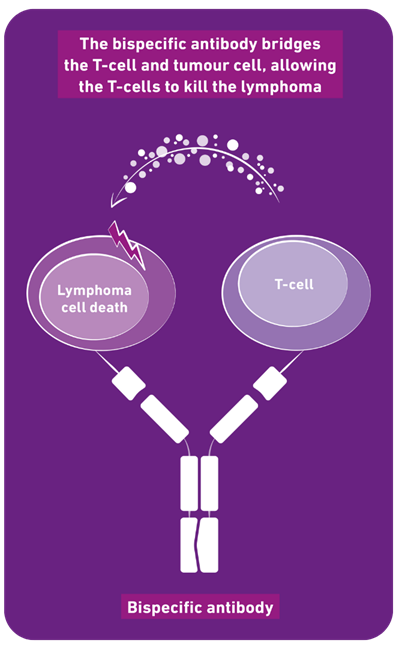
“Early results are showing that there’s a curative potential from this drug for patients at high-risk of chemotherapy failure. It’s also showing to be a totally different treatment experience from a patient point of view. They’re experiencing less severe side effects than other treatments.”
The addition of bispecific antibodies and CAR T-cell therapy offers the potential to free patients not only from the symptoms of their cancer, but also the symptoms and burdens of their treatment. Excitingly, through clinical trials, patients undergoing the new therapy were found to experience fewer side effects and often required less treatment for a better result when compared with chemotherapy alone.
As a result of their findings and successful trials, both researchers are full of enthusiasm about the curative potential of this new therapy. Michael shares:
“In terms of the impact, we genuinely think there’s a potential to reduce the risk of relapse in newly diagnosed patients by tens of percent with the new combination that we pioneered. And we think that this could save hundreds of lives in Australia and thousands of lives around the world, with those patients never relapsing, that’s our hope. That’s been our lived experience since we treated the first patients with this promising new combination.”
Thank you for your support
It’s research projects like Associate Professor Dickinson and Dr Minson’s that demonstrate how invaluable research is to the development of new treatments and cures for cancer.
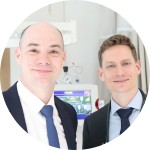
A/Prof Dickinson and Dr Minson are just some of the many talented researchers at Peter Mac whose work is made possible through support like yours, something they’re both extremely grateful for.
Please read their message to Peter Mac supporters below:
“The projects that we are doing are multi-year projects. We see on a day-to-day level the difference you’re making to the individual patient who receives this treatment and has a great response.
The huge community support we receive gives us both research output potential, but also a really strong sense that there’s meaning in what we are getting done. And we really appreciate that deeply.
There are real discoveries that are being facilitated by community donations and an actual patient on the end of that money is getting something – like a world-first treatment – that they can’t get anywhere else.
Our research and the new treatment combination that we have pioneered could save hundreds of lives in Australia and thousands of lives around the world – with no risk of relapse. This is our hope and the real, tangible outcome of donating.”
@Follow us on Instagram (@SupportPeterMac)

